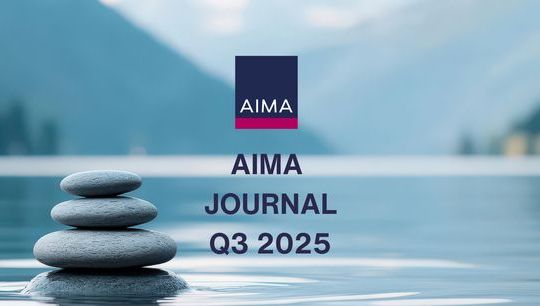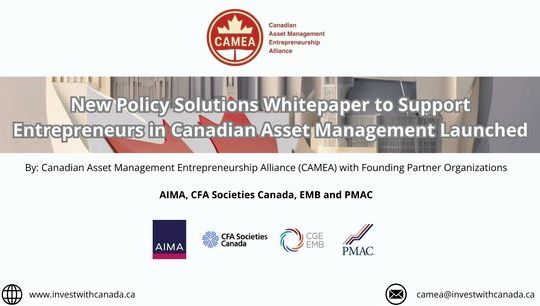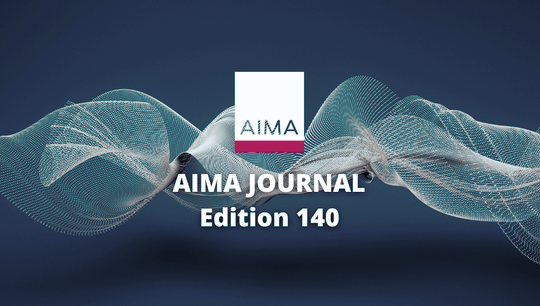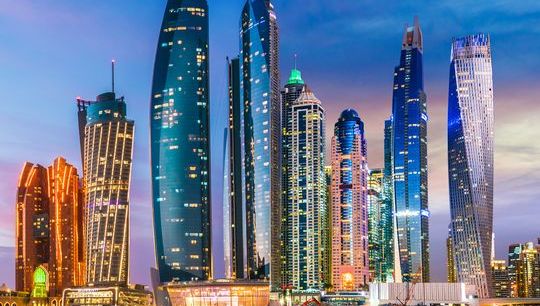Dubai: An emerging global hedge funds hub
By Muneer Khan, Simmons & Simmons
Published: 20 March 2023
In 2022, Dubai ranked 1st regionally and 17th internationally in the Global Financial Centres Index (the GFCI). It also ranked 9th in the GFCI “Future Prospects” list, where respondents were asked which financial centres they considered would become more significant over the next two to three years. The Dubai International Financial Centre (the DIFC), a financial free zone within the Emirate of Dubai, is the largest financial services centre in the Middle East, Africa and South Asia (MEASA) region. In fact, the DIFC’s most recent annual report shows that the DIFC was home to over 4,300 active companies in 2022 and has experienced 20% year on year revenue growth. In recent years, a growing number of hedge fund managers have been attracted to the DIFC as a result of various pull and push factors. The DIFC has rapidly emerged as the largest hedge fund management hub in the MEASA region and continues to experience exponential growth.
1. What is driving this growth?
One main contributing factor that explains this influx of asset managers is the COVID-19 pandemic. Whilst some financial hubs like London, Hong Kong, Singapore and New York were subject to significant COVID restrictions and stringent lockdowns, Dubai took a more balanced approach (combining a strategy of rapid vaccine rollouts, sensible social distancing measures, open borders and generally remaining open for business). This led many people, including hedge fund portfolio managers, to relocate.
The UAE’s favourable tax regime (in particular, there is no personal income tax) has been a key driver, especially when this is contrasted with the global rise in living costs and tax rises. In the global war for talent, having the ability to offer the option of a Dubai office is often becoming a decisive factor. This is particularly the case for the multi-strategy multi-manager platforms, more and more of whom are setting up a significant presence in Dubai.
The UAE “golden visa” scheme, which is a five- or ten-year self-sponsored renewable residence visa scheme for “specialised talents” and investors has also been a draw for founders, senior managers and certain specialised finance professionals, such as quants.
2. The UAE’s multi-faceted regulatory landscape
The UAE has a multi-faceted regulatory landscape. Financial services such as financial promotion, advice, arranging deals or asset management, are usually undertaken from one of the jurisdictions of (i) “onshore” UAE, (ii) the DIFC or (iii) the Abu Dhabi Global Market (the ADGM), each of which has its own financial laws and regulations. The DIFC and the ADGM are financial free zones that were formed to encourage foreign investment by offering concessions such as zero tax guarantees and complete foreign ownership of entities.
The Dubai Government has been notably bold in its readiness to establish the Emirate as a global hub for virtual assets: in February 2022, the Dubai Government established the world’s first dedicated independent virtual assets regulator (the Virtual Asset Regulatory Authority or VARA) tasked with the regulation, governance and issuance of licences for virtual asset related activities, including brokerage and asset management. Six months later, it became the world’s first independent regulator to enter the metaverse, a move which illustrates Dubai’s commitment to the future digital economy.
This diverse landscape ultimately provides a number of options for alternative asset managers wanting to relocate. The DIFC in particular has gained international recognition as a world-class financial centre and is seen as an example of how other governments around the world can potentially fast track legal and regulatory reform.
3. Will this last forever?
Despite the recent successes of the UAE and Dubai in particular in attracting major hedge fund management names over the last few years, it is important not to be complacent. The global financial crime watchdog, the Financial Action Task Force, placed the UAE on its grey list in March last year with one of the main issues mentioned being the apparent lack of anti-money laundering enforcement action. There also are wider concerns about the disruption to the status quo, such as questions over the long-term sustainability of the ‘crypto-bubble’ and whether the introduction of corporate taxation for the first time this year and the rise in real estate prices will increase business costs and the cost of living.
That said, the future for now looks bright, and the Emirate is doing its best to face these potential headwinds directly – the Dubai Government just recently announced a US$8.7 trillion economic plan to boost its finance sector over the coming decade. It is also, in any event, clear that the UAE and especially Dubai is now at the top of the list for some of the world’s largest alternative asset managers and their talent, who increasingly see it as a longer-term home for them and their families. Though one can never predict the future of global markets, especially in current times, based on our own pipeline of applicants, we expect the speed at which hedge fund managers have entered and set up in the UAE will most likely continue over 2023 to 2024.







